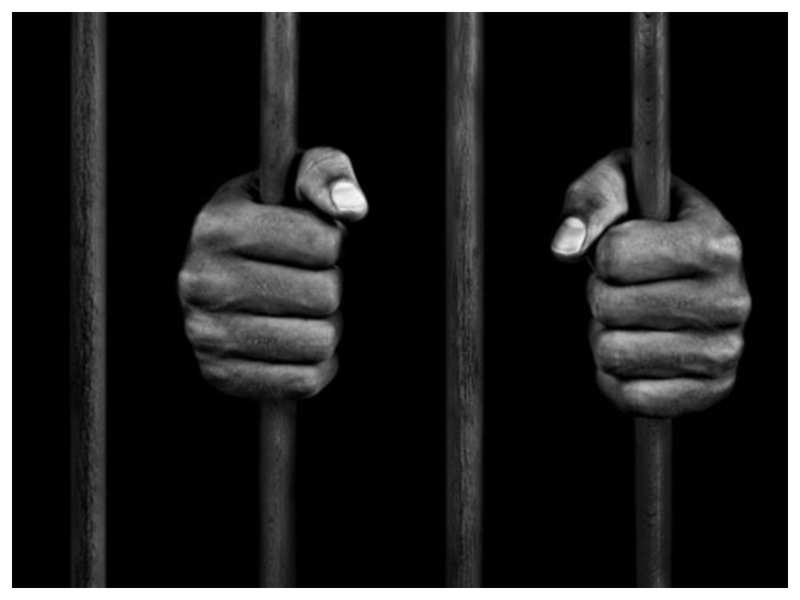LEGAL PROVISIONS RELEVANT TO DEYAT (BLOOD MONEY)
Pakistan Penal Code states “the person who will commit the murder of anyone without any intention to cause death or harm but does any unlawful act which becomes a cause for the death of another person shall be liable to diyat.” (Section 322, PPC)
“Diyat” means the compensation specified in section 323 payable to the heirs of the victim. Section 323 stated the value of diyat. The court will decide in light of the injunctions of Islam and also look into the financial status of malefactors.

in Pakistan, the value of diyat is jotted down in the Finance Act every year through annual budget. Currently, the value of diyat is Rs. 2320,202/-.
The modes to pay Diyat are also ordained in Pakistan Penal Code. The Diyat may be made payable:
- all at once; or
- in instalments spread over a term of three years from the date of final decision.
When diyat is paid, it is necessary to disburse the payment into all the legal heirs of the victim. The share must be equivalent their respective shares in inheritance. If any legal heirs want to relinquish their share in diyat, they can and there is no constraint on it. This rule is upheld in Muhammad Yousaf vs. The State.
Also, the statute laid down the scenario if the offender failed to pay Diyat. If convict fails to pay Diyat or any part thereof within the period specified earlier then one of the following steps may be taken by the Court.

Simple imprisonment: The convict may be kept in jail and dealt within in the same manner as if sentenced to simple imprisonment until the Diyat is paid full. In Asghar Ali v. The State, the trial court convicted the accused with the payment of diyat and ordered that he should remain imprisoned until he paid it. Also, the convict may be released on bail if he furnishes security equivalent to the amount of Diyat to the satisfaction of the Court.
